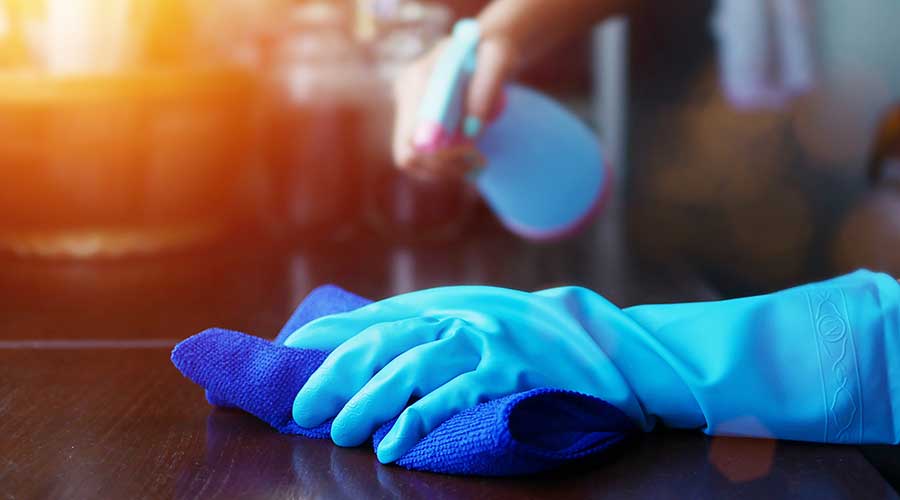Carbapenem-resistant Acinetobacter baumannii (CRAB) was brought into the ICU, in Hangzhou, on multiple occasions as patients were admitted, creating a large ‘reservoir’ of the bacteria which contaminated beds and equipment.
Of 35 CRAB-positive patients in the study, 14 acquired CRAB during their ICU stay. Samples of the drug-resistant bacteria were found more frequently in bed unit environments (54.6 percent) than patients (24.1 percent), with ventilators (27.9 percent) and dispensing trolleys (25.6 percent) most likely to yield samples of CRAB.
Publishing their findings in The Lancet Regional Health - Western Pacific, the international group of researchers led by the University of Birmingham calls for urgent measures to help prevent hospitals becoming infected with the bacteria.
“CRAB poses a serious risk to hospitalized patients and can cause severe disease including pneumonia, urinary tract infection, bacteremia, meningitis, and soft tissue infections – all of which can be very difficult to treat due to the bacteria’s multidrug-resistance,” says study co-author Professor Alan McNally, from the University of Birmingham. “The quantity of CRAB found in this ICU highlights the urgent need for targeted infection prevention and control measures in healthcare facilities where such large accumulations of the bacteria are likely, so that we can stem the global spread of this pathogen.”
The study highlights the environment’s important role in CRAB persistence and eventual acquisition by patients. Researchers call for build-up of the bacteria to be tackled with infection prevention and control measures, including:
- Thorough and regular deep cleaning of surfaces touched by patients and staff;
- Isolation of patients known to carry CRAB;
- Minimization of patient relocation between beds; and
- Enhanced staff hand-washing protocols.
Researchers sampled the entire ICU, including staff, patients and the environment, to reveal a remarkable diversity of CRAB in this setting - introduced to the unit as patients were admitted and driving the bacteria’s spread within the ICU.
CRAB can persist for prolonged periods on hospital surfaces and medical equipment and colonize patients within 48 hours of admission - facilitated by hospital staff, shared equipment, airflow and plumbing. Outbreaks of CRAB can require interventions or changes to infrastructure that impose clinical, logistical, and financial burdens.
Antibiotic-resistant infections are a major threat to global public health. CRAB infections are found worldwide with severely limited treatment options prompting the World Health Organization to designate CRAB a priority organism for which novel therapeutics are urgently required.
“In the absence of new therapeutic agents, effective CRAB IPC strategies are vital, if we are to limit the morbidity and mortality caused by the bacteria in hospitals,” says McNally. “We must develop a thorough understanding of the persistence, transmission, and evolution of CRAB populations in such environments.”

 The High Cost of Healthcare Violence
The High Cost of Healthcare Violence EVS Teams Can Improve Patient Experience in Emergency Departments
EVS Teams Can Improve Patient Experience in Emergency Departments East Tennessee Children's Hospital to Become Dolly Parton Children's Hospital
East Tennessee Children's Hospital to Become Dolly Parton Children's Hospital The Future of the Global Hospital Hygiene Market
The Future of the Global Hospital Hygiene Market Rethinking Fire Safety Inspections
Rethinking Fire Safety Inspections